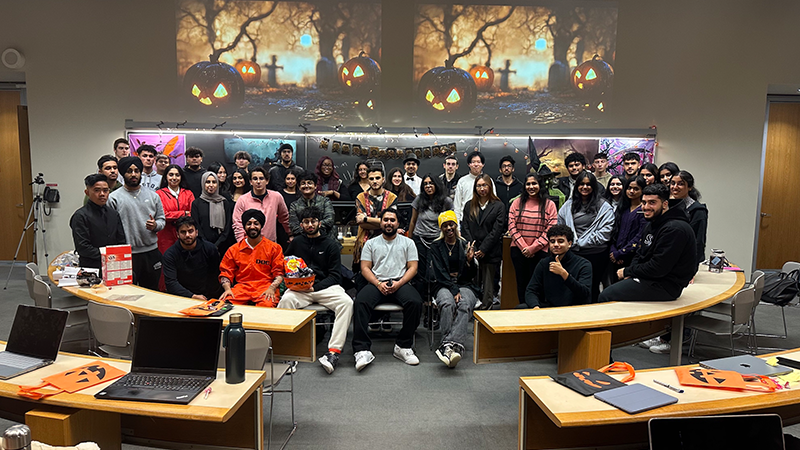This post is part of the Spotlight on Specializations series, where we explore some of the rewarding and interesting areas of study offered in the Schulich I/MBA. Connecting with students and faculty, the series will shed light on how specializing can provide you with exciting career and learning opportunities.
Charles H. Cho
PhD, CPA
Professor of Accounting
Erivan K. Haub Chair in Business & Sustainability Director of the Centre of Excellence in Responsible Business (COERB)
Schulich School of Business | York University
Q1. Why should I consider a specialization in Business and Sustainability?
The world is changing and so is the way we do business. While recognized as the largest and most powerful institution on the planet, business has a critical role to play in sustainability and the pursuit of profit alone does not suffice. For example, according to the 2019 WEF Global Risks Report, 3 of the top 5 risks we face are environmental risks. Therefore, we need to learn and teach how to address these issues within the context of a business education. The Business and Sustainability specialization offers students a chance to learn about the changing role of business and how business must adapt to this new reality. Students learn about sustainability topics within various industries and what it means to conduct business in an environmentally, socially and economically balanced way to address the critical societal issues that we need to solve
Q2. How do the courses offered prepare me to be successful in this industry?
The courses offer a broad range of topics that shape the way we think about business through a sustainability lens. They:
- provide students with both a strong theoretical foundation about sustainability and also practical tools and frameworks through which they can implement sustainable business practices
- present real life challenges, case studies and management decisions that prepare students to lead in the field.
- make use of guest speakers from industry and facilitate important networking opportunities. Course topics range from strategies for sustainability, managing practices for sustainable business, managing ethics and social responsibility, sustainability accounting and accountability, social entrepreneurship, social innovation and social purpose investing.
Q3. What type of careers are available to me with this specialization?
Careers in sustainability are increasingly becoming diverse, which means that you can find them in just about every sector and related to any field of interest at any level of an organization, from entry-level to C-suite. Many companies, especially those that have fully embedded sustainability into their strategy and business purpose now even have Chief Sustainability Officers (CSOs). However, the field of sustainability is becoming more specialized. While you do see some general sustainability jobs in which practitioners focus on all three aspects of the triple bottom line, we are seeing more and more a shift towards sustainability expertise layered into specific business functions such as procurement, supply chain, social impact, etc., which can require professional designations such as LEED or GRI certification in addition to a general specialization.







Leave A Comment